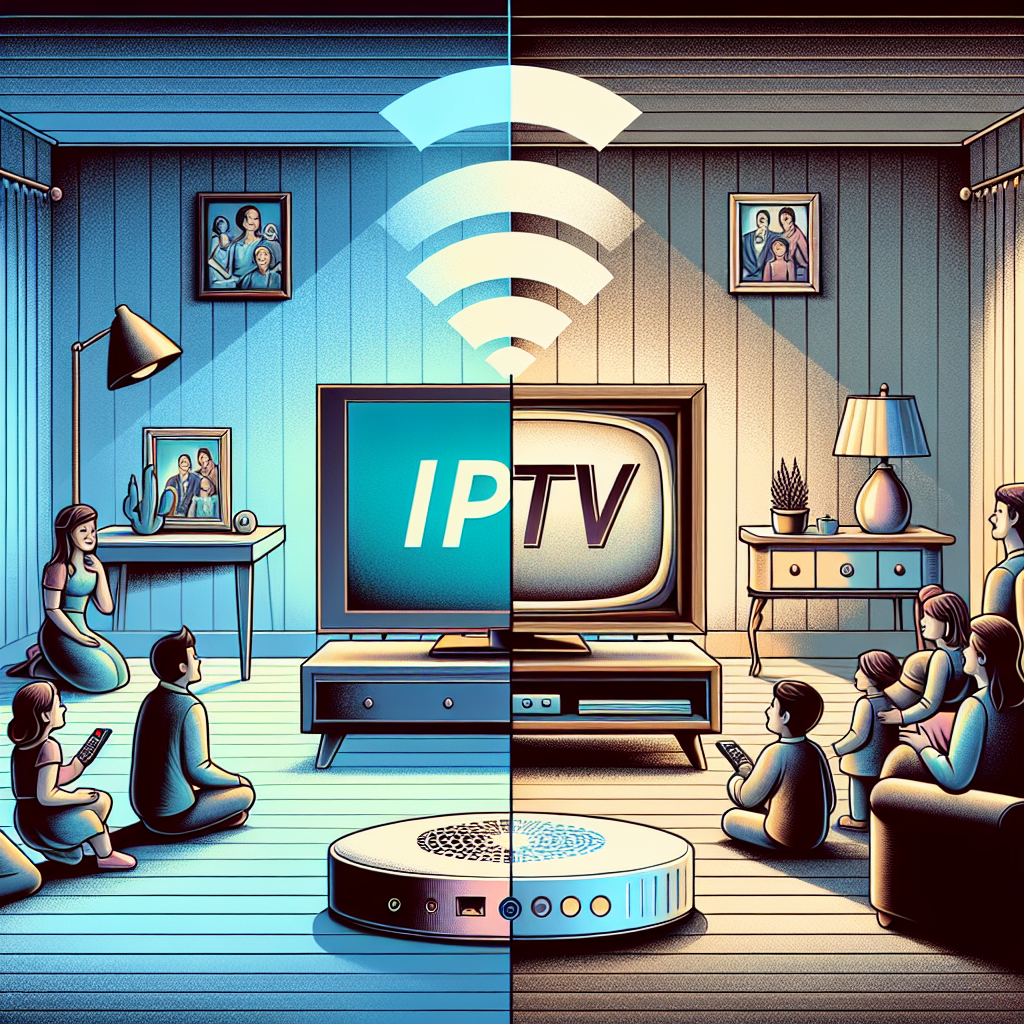IPTV vs Traditional Cable: A Comparison of Services
In today’s digital age, there are more options than ever when it comes to watching television. Two popular choices are IPTV and traditional cable. Both services offer a wide range of channels and programming options, but there are some key differences between the two that may make one more appealing to certain viewers. In this article, we will compare IPTV and traditional cable to help you determine which service is right for you.
IPTV, or Internet Protocol Television, is a technology that delivers television programming over the internet rather than through traditional cable or satellite means. This means that IPTV can be accessed on a variety of devices, including smart TVs, computers, smartphones, and tablets. IPTV providers offer a wide range of channels, including live TV, on-demand content, and premium channels. Additionally, many IPTV services offer features such as cloud DVR, multi-screen viewing, and interactive program guides.
Traditional cable, on the other hand, delivers television programming through a coaxial cable connection. Cable providers offer a variety of channel packages, including basic cable, premium channels, and on-demand content. Cable services also typically include features such as DVR, on-screen menus, and channel guides. However, cable services are often more expensive than IPTV and may require a contract or installation fees.
One of the main advantages of IPTV is its flexibility and convenience. With IPTV, you can watch your favorite shows on any device with an internet connection, whether you’re at home or on the go. Additionally, many IPTV services offer customizable channel packages, so you can choose the channels that best fit your viewing preferences. IPTV also tends to be more affordable than traditional cable, with many providers offering lower monthly rates and no installation fees.
On the other hand, traditional cable may offer a more reliable connection and higher quality video and audio than IPTV. Cable providers also often have exclusive agreements with certain channels or networks, which may not be available through IPTV services. Additionally, some viewers may prefer the familiarity of traditional cable and the ease of using a cable box and remote control.
In conclusion, both IPTV and traditional cable have their own unique advantages and disadvantages. Ultimately, the choice between the two will depend on your viewing preferences, budget, and technological preferences. If you value flexibility, affordability, and the ability to watch TV on multiple devices, IPTV may be the best choice for you. If you prefer a reliable connection, high-quality video and audio, and exclusive programming options, traditional cable may be the better option. Whichever service you choose, you can enjoy a wide range of programming options and entertainment at your fingertips.


Leave a Reply